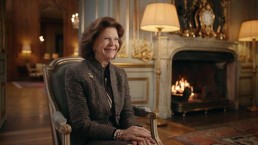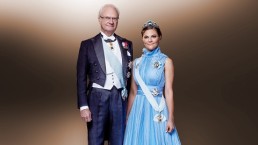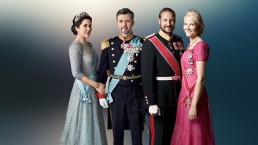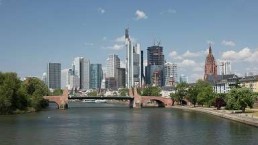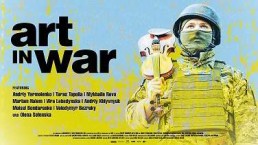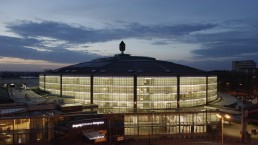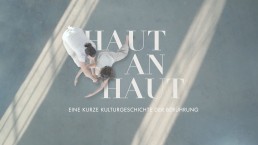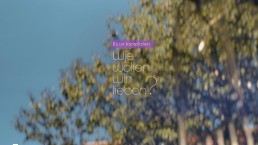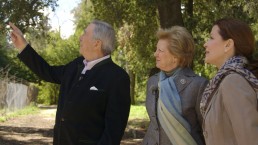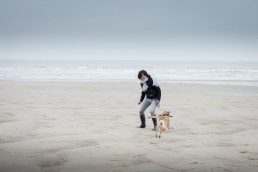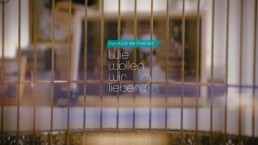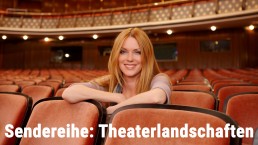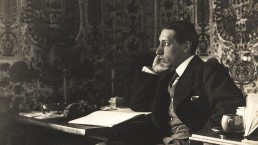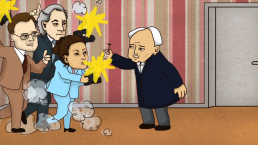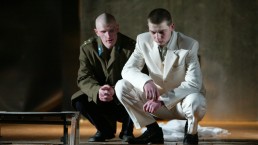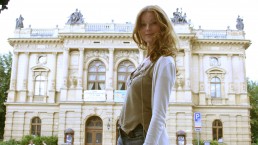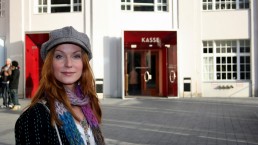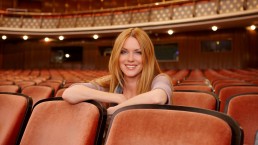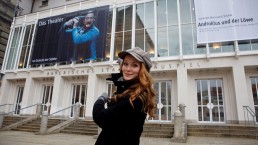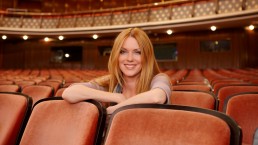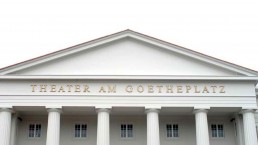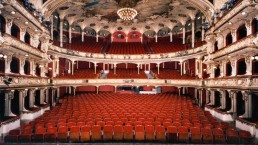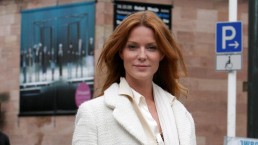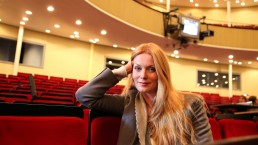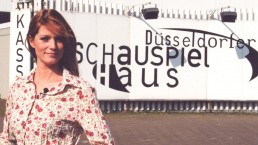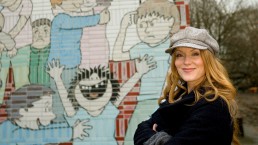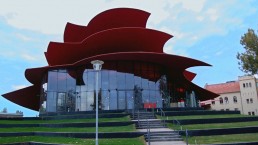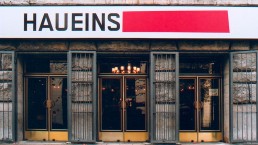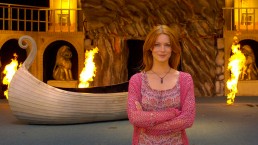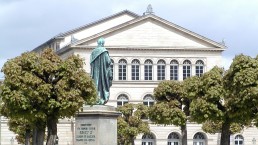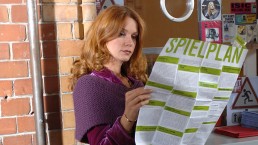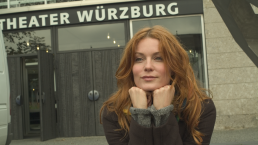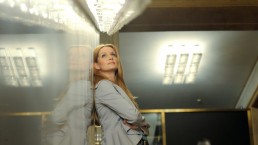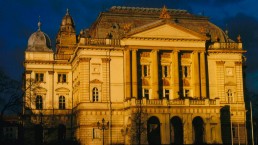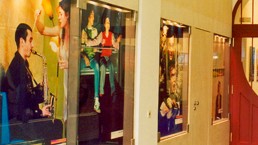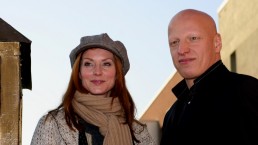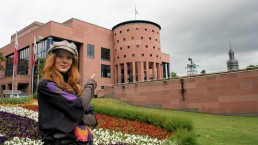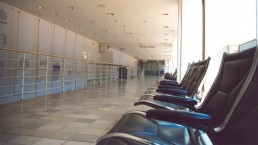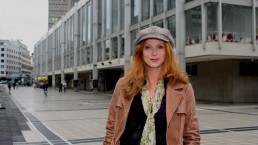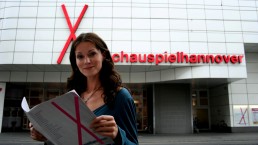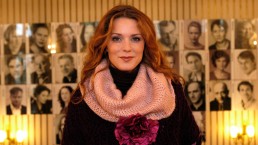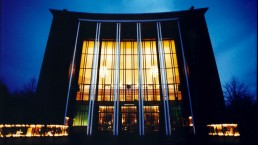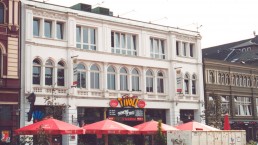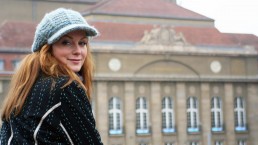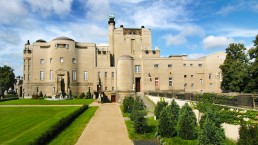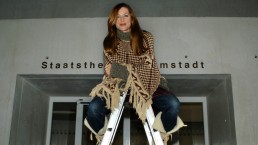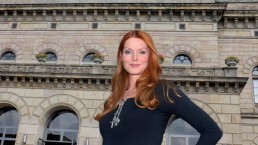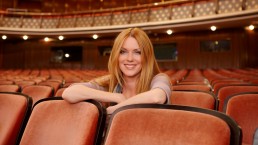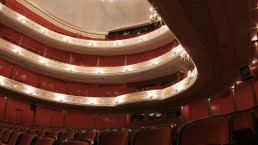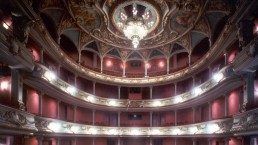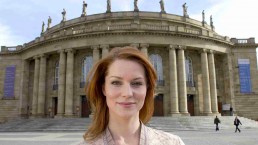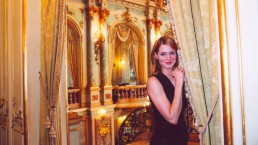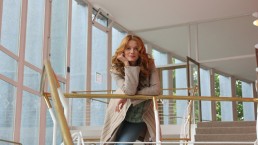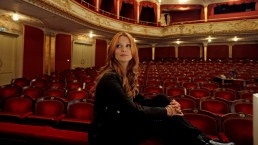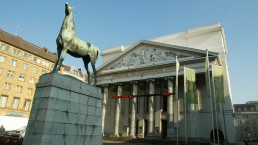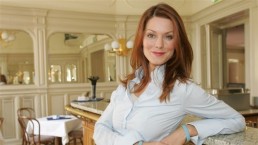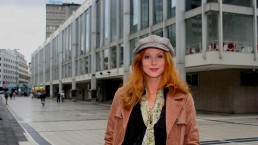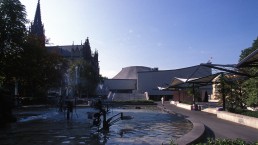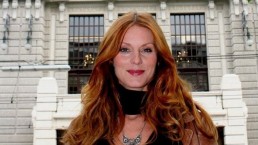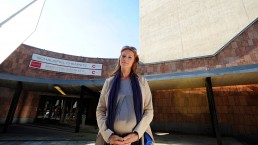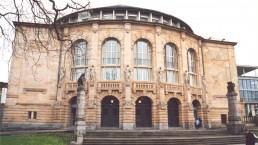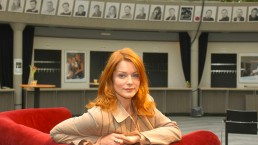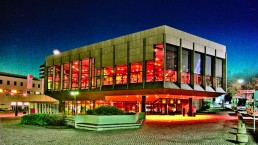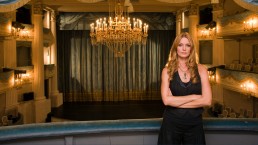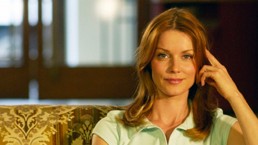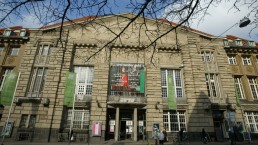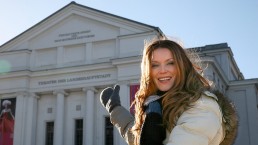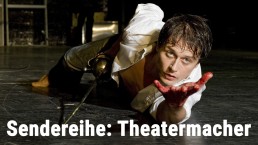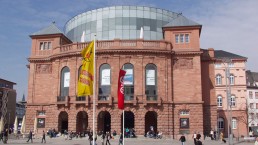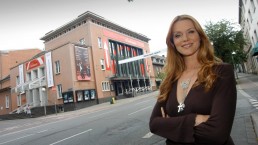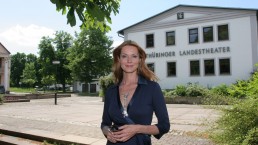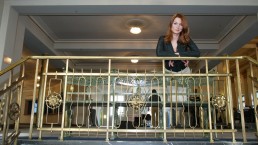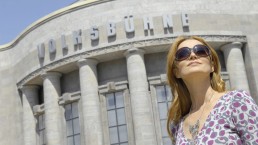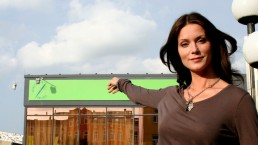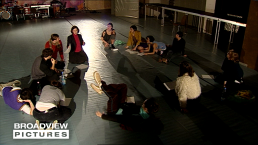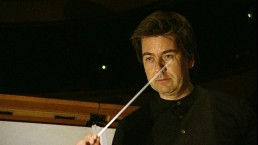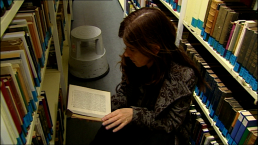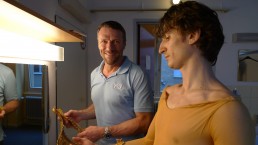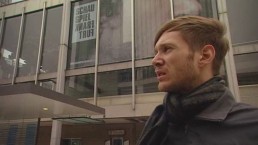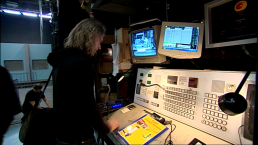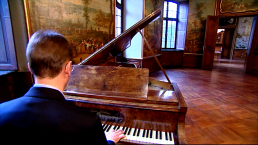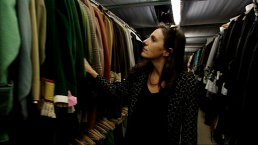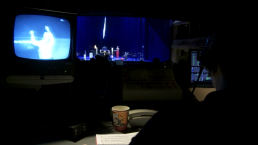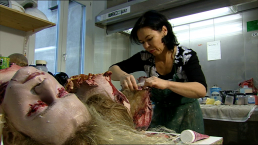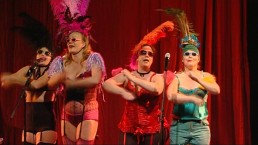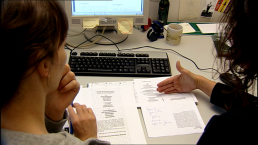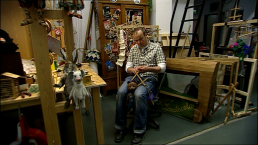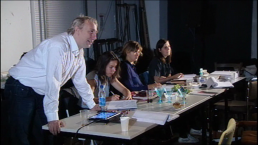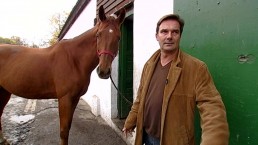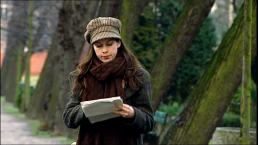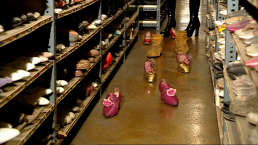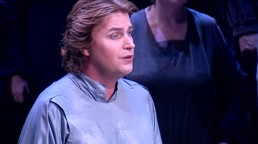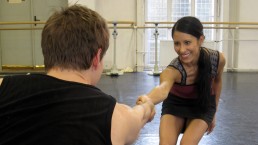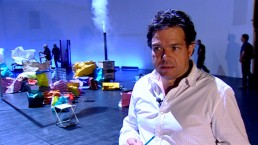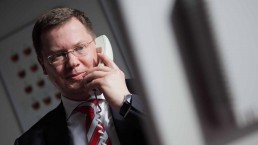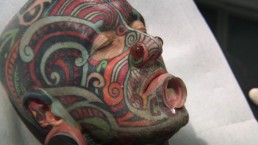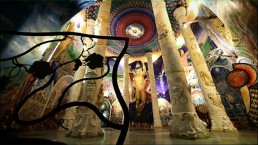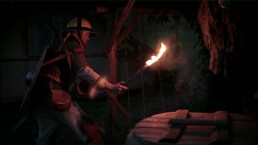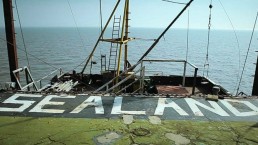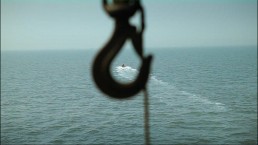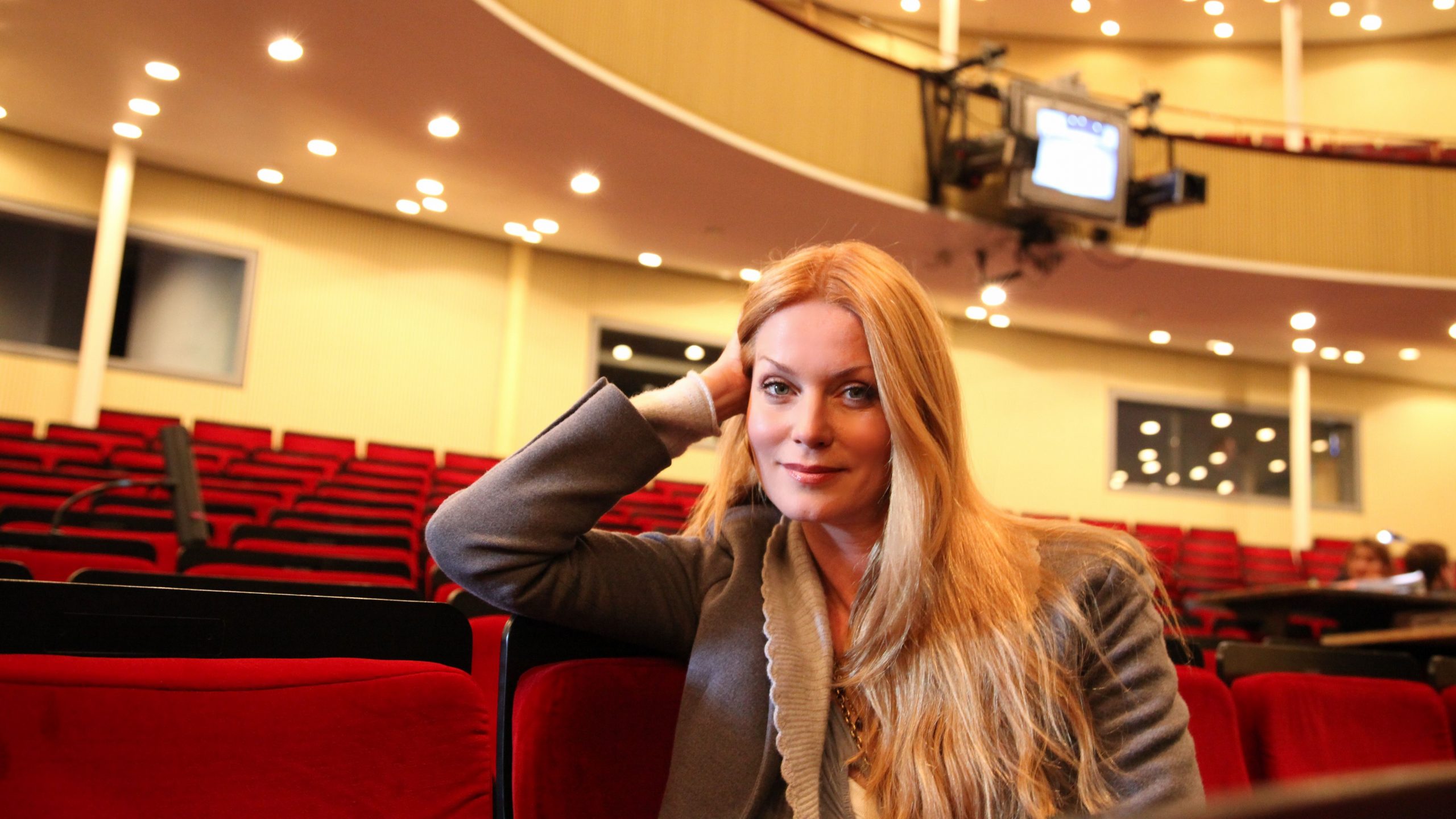
Max Planck was born in Kiel and fellow Nobel Prize winner Albert Einstein came to sail on the fjord. There are more than a few who say: Kiel is cool, in good German: kühl. If you have so much wind, you also have sailors. Kiel has several thousand once a year: for the Kiel Week, the largest sailing event in the world. In general, if you come to Kiel, you can hardly see the city for all the ships. But Kiel is also a world city of German theatre: Gustaf Gründgens started out here, as did Ernst Busch, Bernhard Minetti and Jutta Lampe.
Kiel's theatre is one of the big ones with five divisions: opera, theatre, orchestra, ballet and children's and youth theatre. In the capital of Schleswig-Holstein, about 500 employees provide "proper" theatre in the three permanent venues, and time and again in places that symbolise Kiel's history. In the 2008 season, the theatre is playing in a navy barracks, in the footsteps of the sailors' uprising of 1918. A historical undertaking in every respect, because Kiel owes it to the navy that it became a major city in the first place.
Of course, great theatre careers also begin here in Kiel: The tool mechanic and shipyard worker Ernst Busch had taken part in the sailor uprising and sang red songs. He is then engaged as an actor by theatre director Max Alberty. At the beginning of the 1920s, another "great" of the German theatre made his debut in Kiel: Gustaf Gründgens. He takes on no less than 21 roles in just one season, including Mephisto for the first time, the role of his life.
Busch and Gründgens go to Berlin, and Kiel grows with its shipyards. The "Kiel Week", a highlight of city life since 1882, always shows its military side. At the end of the Second World War, the city therefore becomes a major target of attack and is heavily destroyed, the old town almost completely. The destruction is followed by reconstruction.
The municipal theatre was also rebuilt in the 1950s as an opera house with the "look" of the new era. For this it is now a listed building, and the theatre people are proud to have faithfully restored the interior in their own workshops. Kidney tables and starry skies are beautiful to behold: This opera is truly "retro".
The stage is avant-garde. In the 60s and 70s, artistic director Joachim Klaiber focused on modern music and modern productions. This did not always meet with the approval of the Kiel audience. Until the turn of the millennium, the Kiel Opera had to survive several crises: There are disputes with the other branches and frequent changes of leadership.
Since 2007, all sections of the Kiel Theatre have been successfully managed centrally by General Director Daniel Karasek. The repertoire ranges from "West Side Story" to ironically spiced-up Rossini opera. A touch of irony is allowed, a touch of the present as well: modern, narrative theatre forms the focus of the repertoire. Unbridled avant-garde is avoided because the "Kieler an sich" prefers it traditional.
You can see that a bit in the Kiel Week, the city's trademark. It has hardly changed since its beginnings. Today, however, it is less military and above all a tourist event. Up to 2 million guests come, because Kiel is worth a trip.
First broadcast: Sun, 30 August 2009, 12:30 p.m., 3sat.
Theatrescapes: Theater Kiel
Max Planck was born in Kiel and fellow Nobel Prize winner Albert Einstein came to sail on the fjord. There are more than a few who say: Kiel is cool, in good German: kühl. If you have so much wind, you also have sailors. Kiel has several thousand once a year: for the Kiel Week, the largest sailing event in the world. In general, if you come to Kiel, you can hardly see the city for all the ships. But Kiel is also a world city of German theatre: Gustaf Gründgens started out here, as did Ernst Busch, Bernhard Minetti and Jutta Lampe.
